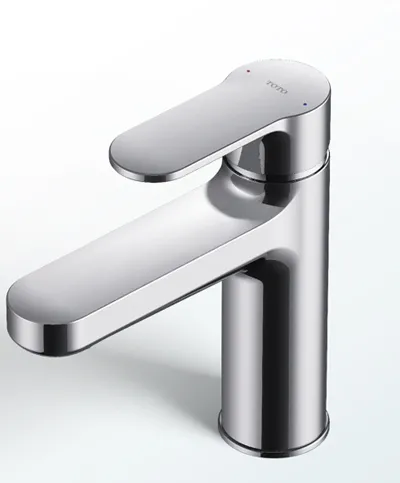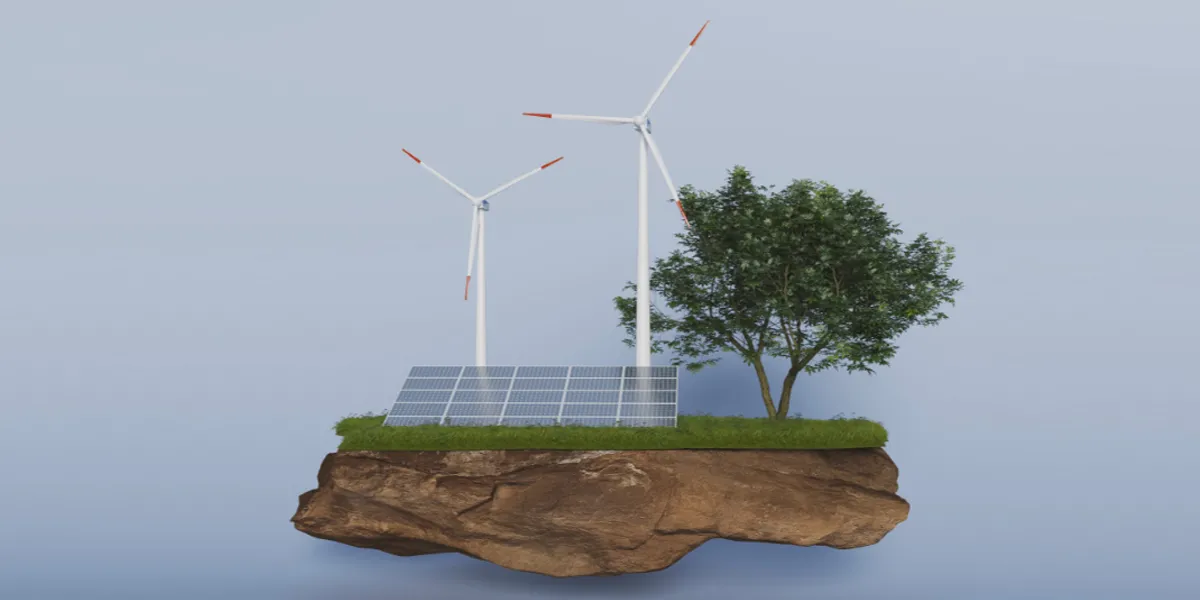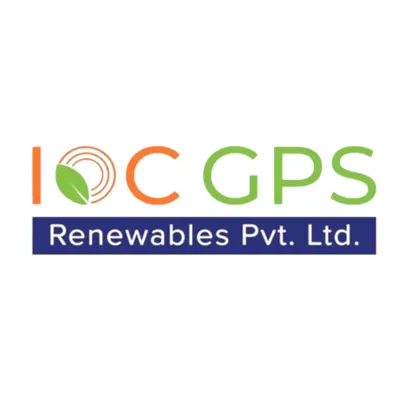On March 13, 2019, FIRST Construction Council (FCC) organised the ‘Make In Steel 2019’ conference at Hotel Lalit, New Delhi, with the theme, ‘Quality Standards to Uphold Sustainable Infrastructure’.
With the aim to discuss the key innovations of steel in construction, explore opportunities that will benefit the use of steel, network with leading figures in the industry, and develop new business contacts across the whole industry chain, the conference witnessed participation from steel manufacturers, steel industry associations and government officials.
In his inaugural speech, Pratap Padode, President and Founder, FCC, mentioned the need for Indian producers to change the way they manufacture steel, adding, “Quality and sustainability will be the key to India's infrastructure creation.”
For her part, Dr Susmita Dasgupta, Joint Chief Economist, Joint Plant Committee, Ministry of Steel, was vocal about how India produces more steel than it consumes, which has enormous bearing on the international market. Urging steel producers to look beyond comparisons to China, she suggested that the big boys of steel should avoid playing in small market segments like TMT bars. “FCC India will play a critical role in ensuring that India produces high-quality steel,” she said.
Session: Ensuring Good Quality of Steel in Building India
India is the second largest steel producer in the world and the Government has been pursuing the imposition of steel quality control to ensure the availability of quality steel to industry, users and the public at large, especially for construction, infrastructure, automotive and engineering applications. This session focused on enhancing and ensuring standardisation.
“More testing laboratories shall be set up for steel firms in the MSME segment,” said NK Vijayvargia, Consultant, Indian Stainless Steel Development Association. “Quality standards must also be introduced for steel used in utensils.” He suggested MSMEs set up shop in industrial clusters to enhance product quality. Meanwhile, Deepak Gupta, Chief R&D and Quality Assurance, Essar Steel, lauded the introduction of stringent quality guidelines by the Ministry of Steel for the betterment of the infrastructure sector and observed that most quality standards specified by BIS are on a par with international standards. Going forward, Avinash Bhandari, Chief Executive Officer and Joint MD, Electrotherm, asserted that steel products must comply with Bureau of Indian Standards (BIS) norms irrespective of the route of production, adding, “15 mt steel production capacity is likely to be added through the induction route.”
Session: Sustainability in Steel Production
Sustainable development entails meeting the needs of the present without compromising on the ability of future generations to meet their needs. As part of this, a green economy delivers prosperity for all nations, wealthy and poor, while preserving and enhancing the planet’s resources. This session focused on better energy management solutions, efficiency in raw material management and water transport and logistical support.
JM Sinha, Chief Rail Logistics, Customer Service Division & Logistics, Tata Steel, suggested leverage of logistics to lower costs and enhance efficiencies. And Shashi Bhushan Shukla, Member Traffic, Inland Waterways Authority of India, mentioned how the development of inland waterways will help the steel industry ship goods right up to the Northeast. Meanwhile, Satyajit Mohapatra, General Manager - Technical Marketing, Essar Steel, explained how adoption of the latest technologies has helped Essar Steel significantly enhance efficiencies over the past 10 years. This was supported by Dr Rahul Sharma, Director, International Zinc Association, who said enhancing the use of steel and new technology can make buildings safer.
Session: Steel Leadership
This session laid emphasis on maximising steel usage, investments in building capacity and uberisation of logistics infrastructure. Rahul Prithiani, Director, CRISIL Research, underlined that India’s per-capita consumption of steel is a mere 68 kg compared to the global average of over 200 kg. However, upcoming infrastructure projects will help build capacity. To this, BK Arora, General Manager, Afcons Infrastructure, responded, “Unfortunately, the use of steel is very restricted in infrastructure projects at present, and high cost of steel is an impediment when it comes to EPC projects in infrastructure.”
“Steel offers a solution in terms of time, sustainability and sturdiness for infrastructure projects,” said Krishnakumar Subramanian, CEO Building Solutions, Everest Industries, adding, “Use of steel in affordable housing would make sense only if it leads to quick deployment.” And according to RK Pandey, Member Projects, NHAI, there is good potential for the use of steel in the construction of concrete highways.
Session: Steel 2030
This session discussed and deliberated on how, with the advent of National Steel Policy a huge scope for growth is offered by India’s comparatively low per capita steel consumption and the expected rise in consumption due to increased infrastructure construction and the thriving automobile and railways sectors. That being said, the session also addressed the need for digitisation, artificial intelligence and IoT in the steel sector.
The conference was sponsored by JSW Steel, Shyam Steel and Electrotherm India.



















